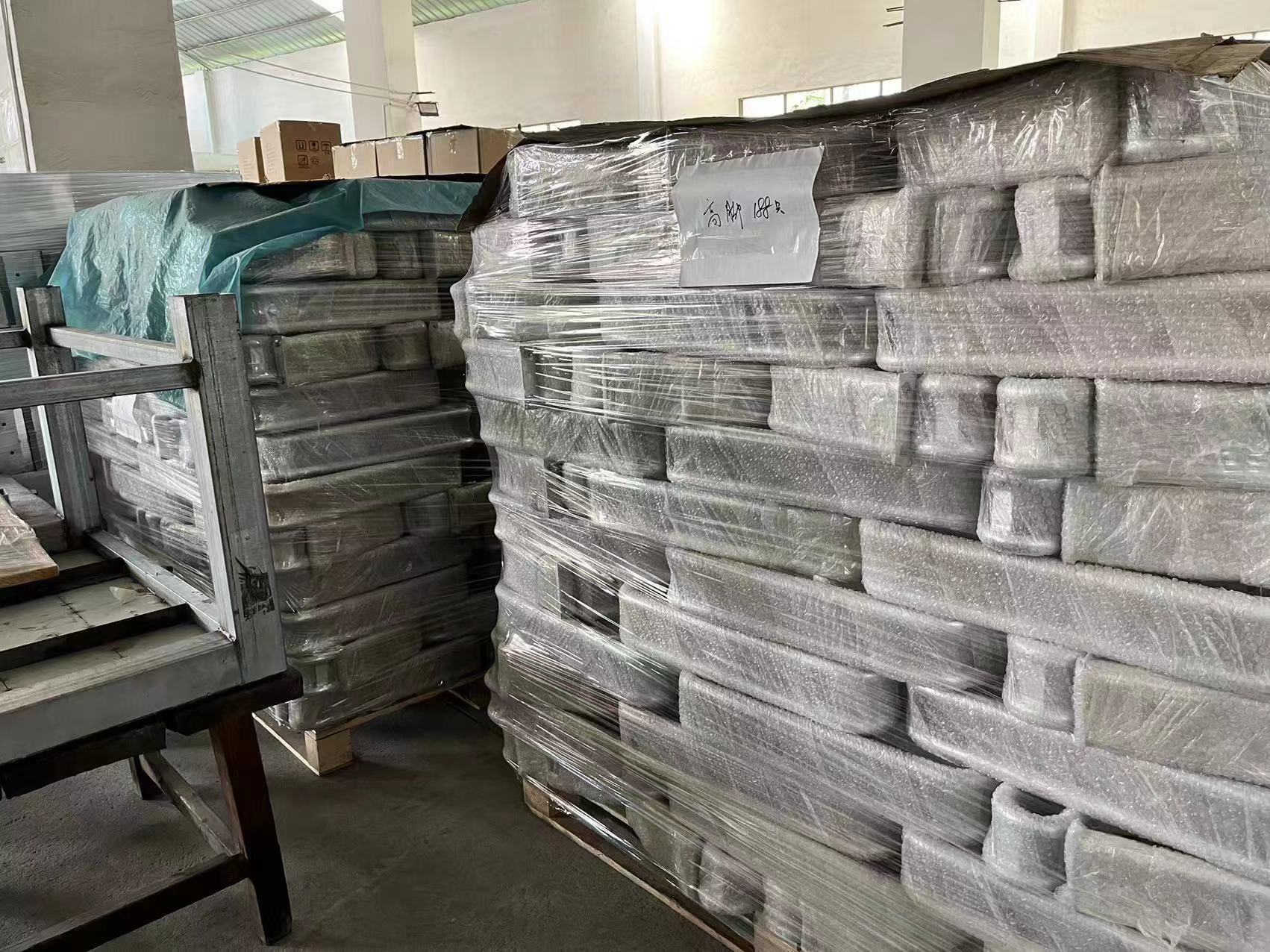tree grates cast iron
Tree Grates The Benefits and Features of Cast Iron
Tree grates play a crucial role in urban landscaping, providing a balance between nature and infrastructure. Among the various materials used for tree grates, cast iron stands out for its durability, aesthetic appeal, and practical benefits. This article explores the advantages of cast iron tree grates and their significance in supporting urban trees while enhancing the surrounding environment.
What Are Tree Grates?
Tree grates are specially designed frames that allow trees to grow through a solid surface, typically in urban settings where concrete or asphalt predominates. These grates help protect the tree's root system from damage caused by foot traffic and provide a stable surface that allows air and water to reach the tree roots. They also serve as a way to enhance the visual appeal of a streetscape or park.
Why Choose Cast Iron?
When it comes to selecting the right material for tree grates, cast iron is often the preferred choice
. Here are some compelling reasons for this preference1. Durability Cast iron is known for its remarkable strength and endurance. It can withstand heavy loads, including pedestrian traffic and vehicle weight, without cracking or bending. This resilience makes cast iron ideal for high-traffic areas such as sidewalks, plazas, and streetscapes.
2. Longevity Unlike plastic or other lightweight materials, cast iron tree grates can last for decades with minimal maintenance. This longevity not only reduces replacement costs but also lessens waste, making it an environmentally friendly choice.
3. Aesthetic Appeal Cast iron grates can be crafted in various designs, from ornate patterns to simple, modern styles. Their classic appearance can complement both historical and contemporary surroundings, enhancing the overall aesthetic of urban landscapes. Furthermore, they can be finished in various colors or treated to develop a natural patina over time, allowing for customization to fit the specific environment.
tree grates cast iron

4. Security The weight of cast iron provides a level of stability that lighter materials cannot. This reduces the likelihood of theft or vandalism, as cast iron grates are more challenging to remove and are less desirable for scrap.
5. Environmental Integration Tree grates are designed to integrate the needs of urban trees with the hardscape around them. Cast iron grates feature openings that allow water and nutrients to penetrate the soil while minimizing soil erosion. This is critical in urban areas where tree roots often struggle for access to essential resources due to compacted soil and impervious surfaces.
Installation and Design Considerations
When installing cast iron tree grates, certain considerations must be made to ensure their effectiveness. Proper sizing is essential — the grate should be large enough to accommodate the tree's growth while not overly encroaching on pedestrian space. Moreover, the design should include sufficient openings to allow for adequate drainage, preventing water pooling and ensuring that the roots receive necessary moisture.
It’s also beneficial to align the tree grate design with the overall landscape architecture. Coordination with other urban elements, such as seating areas, lighting, and walkways, can create a harmonious environment that highlights the trees as focal points.
Maintenance and Care
While cast iron grates are low-maintenance compared to other materials, they still require periodic care. Keeping the grate clean of debris and leaves will prevent blockages and ensure the tree receives adequate air and water. Additionally, checking for minor rust spots or damage and addressing them promptly can extend the life of the grate.
Conclusion
In conclusion, cast iron tree grates provide a myriad of benefits for urban landscapes. Their durability, aesthetic versatility, and functionality make them an excellent choice for any municipality looking to enhance its green spaces. By supporting tree health and contributing positively to the urban environment, cast iron tree grates play an essential role in the intersection of nature and city life. As cities continue to grow and evolve, integrating such thoughtful designs will be pivotal in promoting sustainability and fostering a better quality of life for residents.
-
The Smarter Choice for Pedestrian AreasNewsJun.30,2025
-
The Gold Standard in Round Drain CoversNewsJun.30,2025
-
The Gold Standard in Manhole Cover SystemsNewsJun.30,2025
-
Superior Drainage Solutions with Premium Gully GratesNewsJun.30,2025
-
Superior Drainage Solutions for Global InfrastructureNewsJun.30,2025
-
Square Manhole Solutions for Modern InfrastructureNewsJun.30,2025
-
Premium Manhole Covers for Modern InfrastructureNewsJun.30,2025
